Prime Minister Sheikh Hasina on Wednesday said a process is under way to mobilise an additional USD 1000 million as budgetary support to tackle future emergency situation and economic crisis caused by Russia-Ukraine war.
She made the statement in a written answer to a question from ruling party lawmaker M Mozaffar Hossain (Jamalpur-5) during PM’s question-answer session.
Hasina said that this budget support will be spent in the stimulus package for industries, factories, trading organisations, small and medium entrepreneurs and social safety net.
Besides, she said, as part of the programme to tackle the economic crisis due to Covid-19 pandemic, a process is underway to mobilise USD 500 million as budgetary support.
The premier said that her government is making relentless efforts to attain the UN-declared Sustainable Development Goals with well-planned socio-economic development and creating jobs for the people.
Replying to a question from Shahiduzzaman Sarkar (AL- Naogaon 2), the PM said so far 35,52,340 homeless people have been rehabilitated across the country.
She said all the landless and homeless families of the country will gradually get government-built houses.
The government, she said, is even procuring land for the rehabilitation of the homeless people.
Hasina said that her government is committed to building a Bangladesh where no one will ever say the word 'no place to stay.’
She said Bangladesh is being enriched as a whole by transforming the settled families and their future generations into human resources.
In response to a question from AKM Rahmatullah of the ruling party, she said that the production of food grains in the country in 2009 was 3.36 crore metric tons.
At present, she said, the production has increased to 4.53 crore metric tons.
Currently, Bangladesh ranks third in the world in rice and vegetable production, 7th in mango and potato production, 4th in tea production and first among 11 hilsa producing countries, she added.
Replying to another question from Mamtaz Begum of the ruling party, she said that 43 districts of the country are currently under the railway network.
If the ongoing railway projects are implemented, 19 more districts will be covered by the network, she said.
“The remaining four districts will also come under the railway network after the completion of the 30-year master plan.”


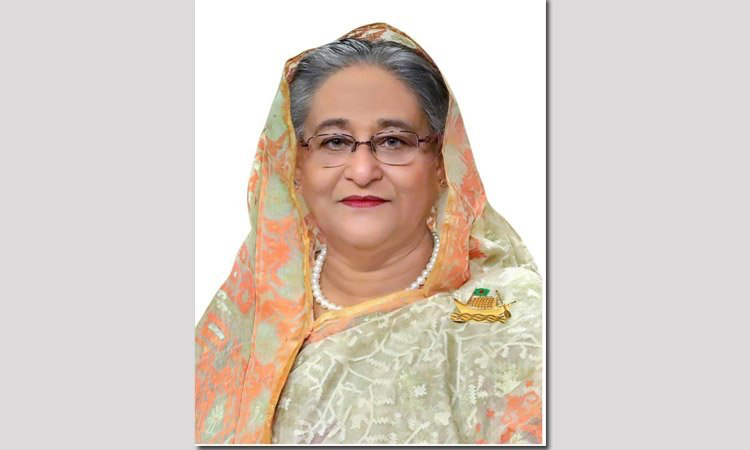

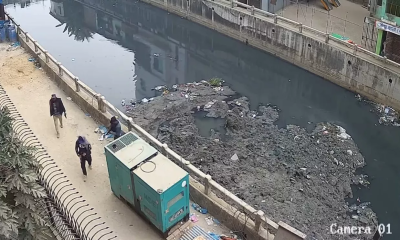
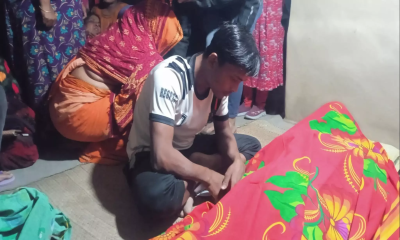

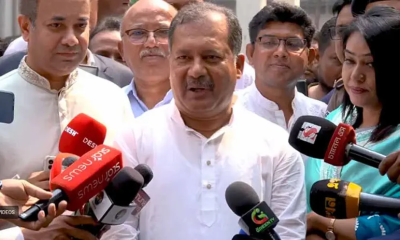
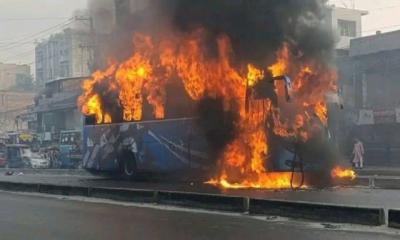
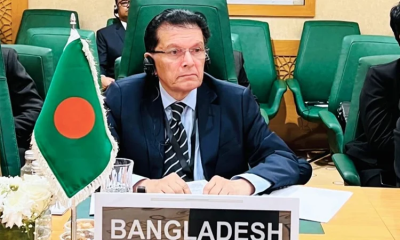
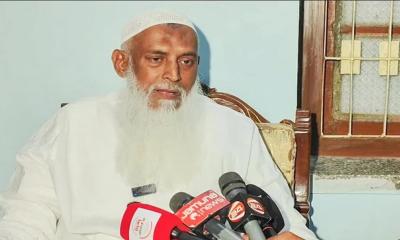
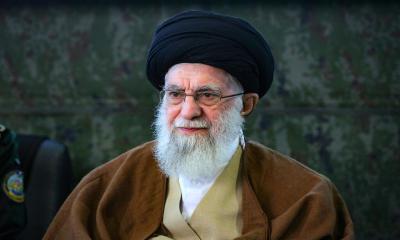
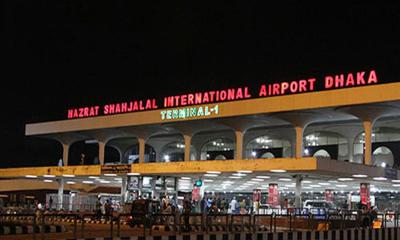

-20260228080513.webp)
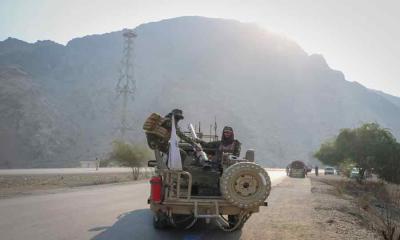
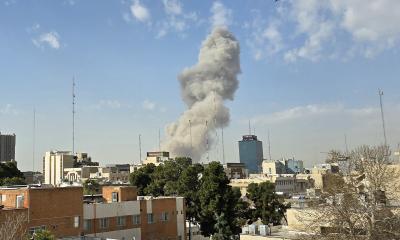
-20260228064648.jpg)
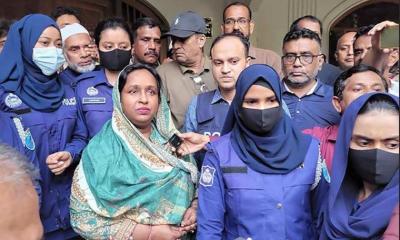
-20260228063029.jpg)






-20260224075258.webp)






-20260225072312.webp)

